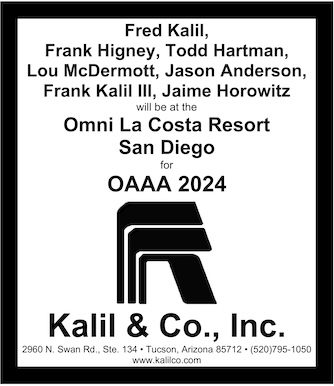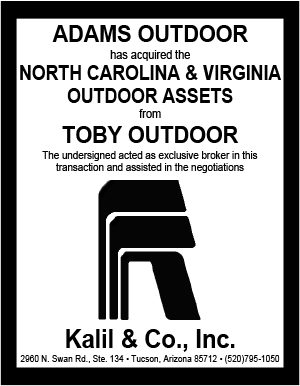
My partners Chris and Mike and I are often asked about the situation where a client secures a permit to erect new sign at a conforming site, but he doesn’t build the sign or otherwise finish the work before the permit expires. Then, when the client attempts to renew the permit, he is surprised to learn the City has changed the regulations to render the site non-conforming since he originally acquired the permit. And, he is especially disappointed when told by the City that the permit can’t be renewed and the sign can’t be erected because the work and sign are now outlawed by the amended regulations. Fortunately for the client facing this dilemma, in Texas at least and probably most jurisdictions, the law requires that the renewal of permits be governed by the law in force when the original permit was issued, so that the City’s subsequent change in regulations can’t bar renewal of the permit and completion of the work on the sign.
This challenge has often arisen in my hometown of Houston, the site of our IBO Spring Conference on April 18 through 21. For example, the Houston City Council has from time to time amended the Houston Sign Code to eliminate the sites where condemned billboards could be relocated, or to restrict their height and size at those new locations. In some cases, clients secured permits to relocate signs to legal conforming sites, but for whatever reason, didn’t finish building the sign at the new site within the 180 days afforded before the permit expired under the Section 4605(h) of the Houston Sign Code. The same provision goes on to provide for renewal for another 180 days , but with the major caveat “that the proposed sign shall meet all of the requirements of this chapter on the date of renewal.” And, you guessed it, between the time of the original permit issuance and the application to renew it, the City of Houston amended the Code to create certain scenic districts where relocated billboards could no longer be situated. Thus, the Houston Sign Administration argued the permit could not be renewed and sign could not be relocated.
Texas law came to the rescue for the clients found in this predicament. Specifically, Section 245,002 of the Texas Local Government Code, sometimes referred to as the “Texas Vesting Statute,” governs the situation where the regulations on a structure or land use are changed after submittal of the original application, and this State law takes precedent over municipal ordinances like the Houston Sign Code. Under Subsection (a), applications for sign permits are to be considered based solely on the ordinance in effect at the time “the original application for the permit is filed for review for any purpose.” Moreover, under Subsection (b), “if a series of permits is required,” the ordinance “in effect at the time the original application for the first permit in that series is filed shall be the sole basis for consideration of all subsequent permits required for completion of the project.”
Based on the foregoing, if an operator applied for a permit to relocate a billboard to a site before the Houston City Council amended its regulations to render the site “scenic” and ineligible for billboard relocation, he would have to comply in his application with the Code in effect before the amendment. If his permit expired because he had not completed the construction and relocation of his sign within the allotted 180 days, the operator would be entitled to renew his permit based upon the ordinance provisions and conformance of the site when “the original application for the first permit” was submitted. In these cases, therefore, Texas law controlled and justice prevailed, so the clients were allowed to renew their permits and relocate their billboards.
I hope you can make it to Houston and the IBO Spring Conference. I’ll see you there!
[wpforms id=”9787″]
Paid Advertisement

















